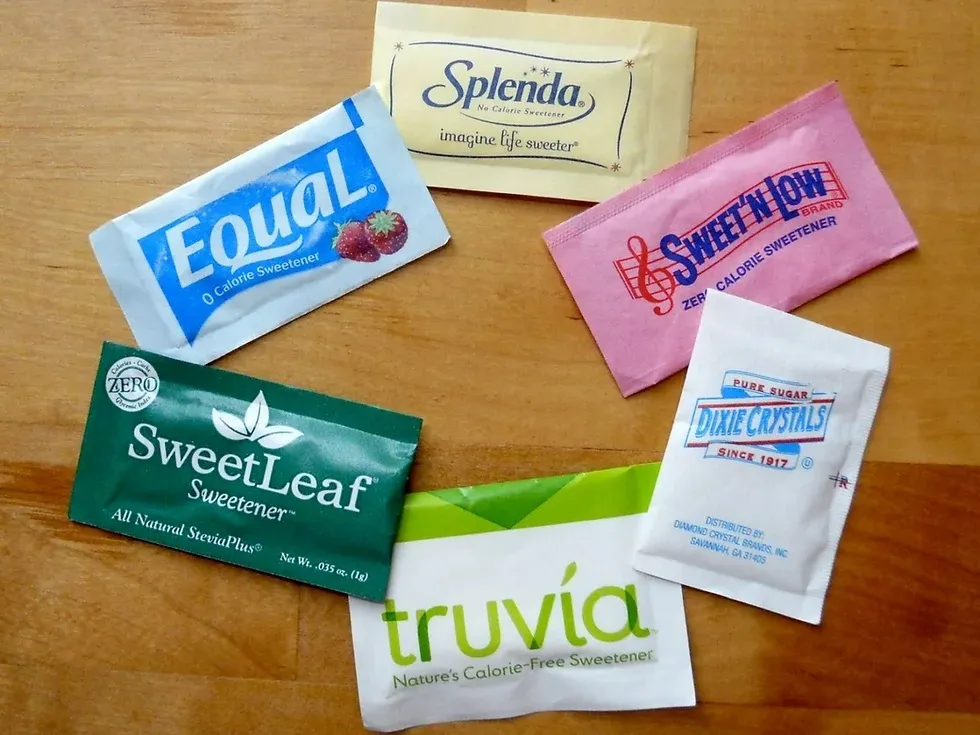Artificial sweeteners such as Aspartamo, Sucralosa and Stevia are harmful to the cardiometabolic system and favor obesity and diabetes.That is the main conclusion of a study coordinated by Francisco Gómez Delgado and Pablo Pérez Martínez, members of the Spanish Society of Arteriosclerosis (Sea) and the Spanish Society of Internal Medicine (SEMI), which, among other aspects, excludes “the benefitthat sweeteners can have on weight control. ”
In the document, published in the magazine Current Opinion in Cardiology under the artificial title Sweeteners and Cardiovascular Risk (artificial edulcorants and cardiovascular risk), a review of the main scientific evidence on artificial sweeteners that demonstrates that, despite its popularityAs an alternative to sugar and far from leading to health benefits, they directly affect the development of obesity, cardiovascular events and cardiomethabolic risk factors such as hypertension, dyslipidemia and diabetes mellitus.
The negative impact of sweeteners exceeds the benefits
Experts manifest against the tendency to go to artificial sweeteners as an alternative to reduce the caloric contribution in the diet and lose weight, especially for people with obesity.As indicated in the study, the negative impact is greater because the consumption of this kind of sweeteners causes anomalous alterations of neuroendocrine mechanisms that affect the feeling of satiety, among other disruptions in the endocrine system.
"There are sufficient evidence that allows us to establish that the consumption of artificial sweeteners interferes negatively in our metabolism, especially in glucose metabolism," says Gómez Delgado.In the investigation it is found that, in addition to causing these alterations in the feeling of satiety, it also affects the intestinal microbiota and produces an increase in insulin secretion.All this generates the perfect scenario for the development of diabetes.Specifically, the risk of developing type 2 diabetes mellitus and even 44 percent is increased by 18 and 24 percent and even developing metabolic syndrome.
In this sense, it is made clear that artificial sweeteners "cannot be an alternative to other healthier nutritional measures such as the consumption of products of plant origin, the reduction of the consumption of processed foods and the performance of regular physical activity."
experts ask that more be investigated
Pérez Martínez emphasizes that, despite the results of his research, it is still necessaryhealth."Meanwhile, the ideal would be to limit your consumption or even avoid add artificial sweeteners to coffee or infusions," he adds.
In this sense, the authors of the study urge to regulate the consumption of artificial sweeteners in the usual diet and point out that an adaptation of current legislation that allows minimizing their impact on health is necessary.




